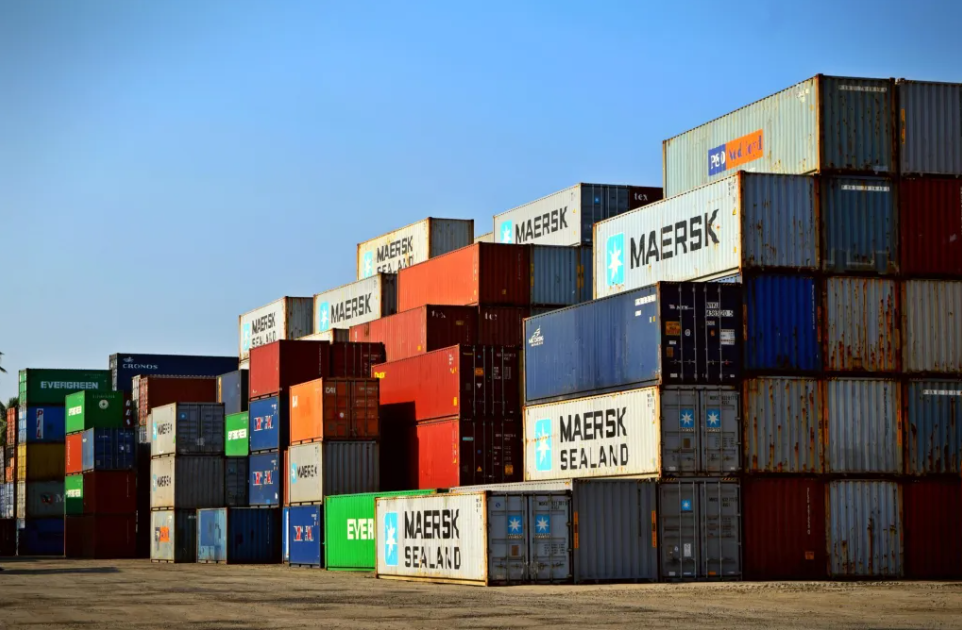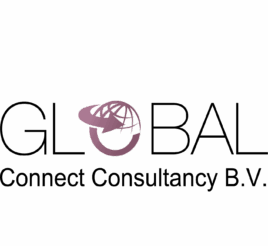
The German Supply Chain Due Diligence Act (the Act) mandates companies to identify and assess potential human rights violations and environmental risks within their supply chains by developing effective risk management solutions. In this article we provide a brief overview of the act, outline which enterprises are required to comply, future application of the Act and how Global Connect Admin B.V. can assist your business achieve compliance.
The German Supply Chain Due Diligence Act “Gesetz über die unternehmerischen “Sorgfaltspflichten zur Vermeidung von Menschenrechtsverletzungen in Lieferketten” (LkSG) was published in the Federal Law Gazette on 22 July 2021 after the parliamentary procedure was completed. This benchmark Act places the responsibility of German enterprises to adhere to human rights obligations in their global supply chains.
At a glance, the Act LkSG obliges enterprises that have their central administration, principal place of business, administrative headquarters, statutory seat or branch office in Germany to respect human rights obligations by implementing defined due diligence procedures.
The Act will initially be applicable to enterprises in Germany with at least 3,000 employees (in 2023) and, from 2024, to enterprises with at least 1,000 employees.
The obligation to adhere to the due diligence procedures applies to an enterprise’s own jurisdictional business area, to the actions of contractual partners and to the actions of indirect suppliers. This extends an enterprise’s responsibility throughout the entire supply chain, and no longer only to the exit of its own factory gate.
The foundation for the Act was already established in 2016, when the German Federal Government launched the National Action Plan for Business and Human Rights “Nationaler Aktionsplan Wirtschaft und Menschenrechte”, (NAP). The NAP is based on the United Nations Guiding Principles on Business and Human Rights. While corporate responsibility lies at the centre of the plan, the state’s obligation to protect the society as well as judicial and extrajudicial remedies, will in combination with the Federal Government, support enterprises in fulfilling this responsibility.
The Act sets defines preventive and remedial measures, makes complaint procedures mandatory and requires regular reporting on the core elements of the due diligence obligations namely, the establishment of a risk management system to identify, prevent or minimise the risks of human rights violations and damage to the environment.
The Act defines a list of eleven internationally recognised human rights conventions and aims to prevent the violation of protected legal rights. These specifically include the prohibition of child labour, slavery and forced labour, the disregard of occupational safety and health obligations, withholding an adequate wage, the disregard of the right to form trade unions or employee representation bodies, the denial of access to food and water as well as the unlawful taking of land and livelihoods.
Failure to comply with their legal obligations, enterprises could face administrative fines up to 8 million euros or up to 2% of annual global turnover for enterprises with an annual turnover of more than 400 million euros. Moreover, if an administrative fine is imposed above a certain minimum level, enterprises may be excluded from the award of public contracts.
The Federal Office for Economic Affairs and Export Control “Bundesamt für Wirtschaft und Ausfuhrkontrolle” is the competent authority equipped with the necessary enforcement instruments to monitor an enterprise’s supply chain management. This institution is permitted to enter a business premises, ask for relevant information and inspect documents. Their far reaching supervisory powers allow them to demand an enterprise to take concrete action in order to fulfil their obligations and enforce this by imposing financial penalties.
The German Federal Government have conducted a business survey which spanned over several years (NAP monitoring) which revealed that only a fifth of all German-based enterprises with more than 500 employees are sufficiently meet their human rights-related due diligence obligations along their supply chains. The Federal Government has agreed to take legislative action at national level and to work towards binding rules at a European level.
The National Action Plan is currently under review in close collaboration with various social groups. The review will seamlessly integrate the Act into the broad overall strategy on business and human rights. Unlike the Act, the NAP is addressed to all enterprises based in Germany and expects them to comply with the due diligence obligations enshrined in it. One focus of the revised NAP will be to support enterprises in their implementation of their due diligence obligations.
The effectiveness of the Act will be evaluated in 2026 where it will be determined inter alia if any adjustments are necessary and whether the scope of application should be extended to other enterprises.
Sources:
https://www.bundesregierung.de/breg-en/federal-government/supply-chain-act-1872076
https://www.csr-in-deutschland.de/EN/Business-Human-Rights/Supply-Chain-Act/supply-chain-act.html
Photo by Braeson Holland: https://www.pexels.com/photo/harbour-cranes-at-a-port-9775922/
